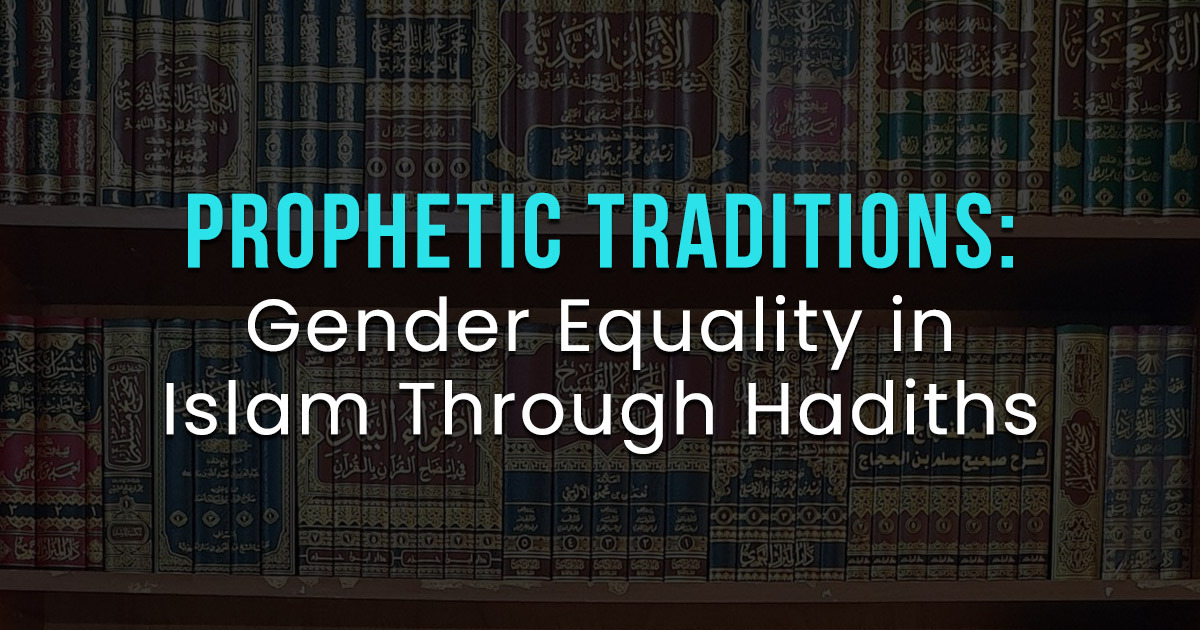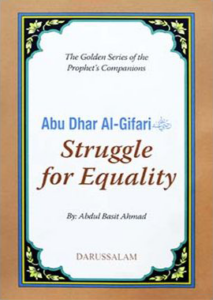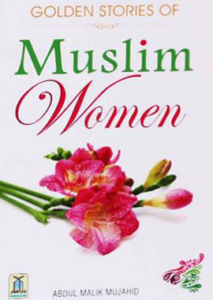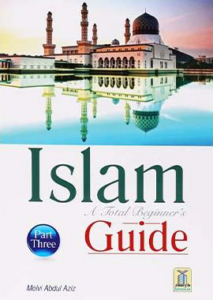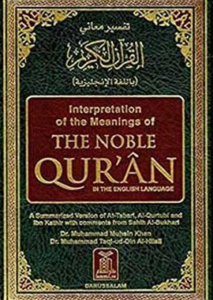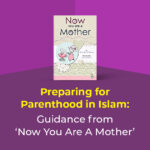The topic of gender equality in Islam often sparks deep conversations and differing perspectives, particularly in how it has been interpreted historically and in modern contexts. At the heart of Islamic teachings on equality are the Hadiths – the recorded sayings and actions of the Prophet Muhammad (PBUH).
This guide by Darussalam explores the principles of gender equality through a collection of pivotal Hadiths, providing insights into their application today.
Introduction to Gender Equality in Islamic Teachings
The foundation of Islamic guidance on gender roles and equality is deeply embedded in both the Quran and the Hadith.
Qur’anic Injunctions on Equality
Social and Spiritual Equality: The Quran establishes equal spiritual and moral responsibilities for men and women (Quran 33:35).
Prophetic Advocacy for Gender Justice
Prophet Muhammad’s Stance: The Prophet (PBUH) elevated women’s status in society and advocated for their rights in diverse aspects of life.
Read Our Books on the Islamic Faith to Enrich Your Knowledge
Analyzing Hadiths on Gender Roles
These Hadiths shed light on gender dynamics in various life roles, as perceived and taught by the Prophet Muhammad (PBUH).
Equality in Spiritual Worship
Prayer and Piety: Hadiths that discuss women’s equal rewards in prayer, fasting, and other acts of worship.
Education and Scholarship
Seeking Knowledge: The Prophet’s command that seeking knowledge is obligatory for every Muslim man and woman (Ibn Majah).
Rights and Treatment of Women
Examining how the Hadiths address the rights and respectful treatment of women affirms Islam’s call for fairness and equity.
Within Marriage
Kind Treatment: The Prophet’s teachings on kind and fair treatment of wives (Bukhari).
Mutual Rights: Emphasizing the concept of mutual rights and responsibilities in marriage.
In the Family and Society
Respect and Compassion: Hadiths advising respect and compassion towards women in the family and broader social context (Tirmidhi).
Economic and Legal Involvement
Islam provides guidelines for women’s active participation in economic and legal decisions, both personally and within the community.
Financial Independence
Control Over Wealth: Narrations highlighting women’s right to own and manage their property independently (Bukhari).
Legal Testimony and Inheritance
Inheritance Rights: The Prophet’s reinforcement of the Quranic verses that secure women’s shares in inheritance (Nisai).
Socio-Political Engagement and Leadership
The role of women in leadership and communal decision-making is discussed with supporting Hadiths.
Public Life Participation
Social Influence: Instances in Hadith where the Prophet (PBUH) considered women’s voices in community affairs (Bukhari).
Women in Leadership Roles
Validity and Support: Discussions on the historical context and interpretation of hadiths concerning women in positions of leadership.
Addressing Misconceptions and Contextual Misinterpretations
Many Hadiths have been misunderstood or taken out of context. This section aims to clarify common misconceptions.
Contextual Understanding
Hadiths in Context: Analyzing controversial Hadiths within the socio-historical context of their revelation.
Interpretation across Cultures and Time
Evolving Understandings: How interpretations of Hadiths have changed over time and in different cultures.
Modern Applications and Relevance of Prophetic Teachings
Discussions on how the principles derived from Hadiths inform contemporary Islamic thought on gender equality.
21st Century Perspectives
Applying Hadiths Today: How modern Muslim scholars and communities can apply these teachings within current social frameworks.
Ongoing Gender Discourse in Islam
Academic and Theological Debates: The role of scholarship in advancing the discourse on gender equality within Islamic contexts.
Conclusion: Embracing Islamic Guidance for Gender Equality
Affirming the profound wisdom in the words and practices of the Prophet Muhammad (PBUH), this exploration into Hadiths encourages a well-rounded understanding of gender equality in Islam.
Through exploring these Prophetic Traditions, it becomes evident that gender equality in Islam is not just a modern-day aspiration but a principle embedded within its earliest teachings, calling for balanced, fair, and respectful treatment across genders.
FAQs About Gender Equality in Islam Through Hadiths
1. How do Hadiths support the concept of gender equality in education?
Hadiths support gender equality in education through the teachings of the Prophet Muhammad (PBUH), who emphasized the importance of seeking knowledge for all Muslims, regardless of gender.
2. What do Hadiths say about the treatment of women in Islam?
The Hadiths consistently promote the respectful and fair treatment of women. The Prophet (PBUH) encouraged kindness, support, and compassion towards women and upheld their rights in marriage and society.
3. Are women allowed to participate in economic activities according to Hadiths?
Yes, Hadiths support women’s participation in economic activities, detailing their right to own, manage, and inherit property independently.
4. How should controversial Hadiths related to gender roles be interpreted?
Controversial Hadiths should be understood within their historical and cultural context, and interpretations should consider the overall principles of justice and equality outlined in Islam.
5. Can the teachings from Hadiths on gender equality be applied to modern society?
Teachings from Hadiths are timeless and can certainly be applied to modern society. Contemporary interpretations can help apply these principles effectively, considering present-day contexts and challenges.

